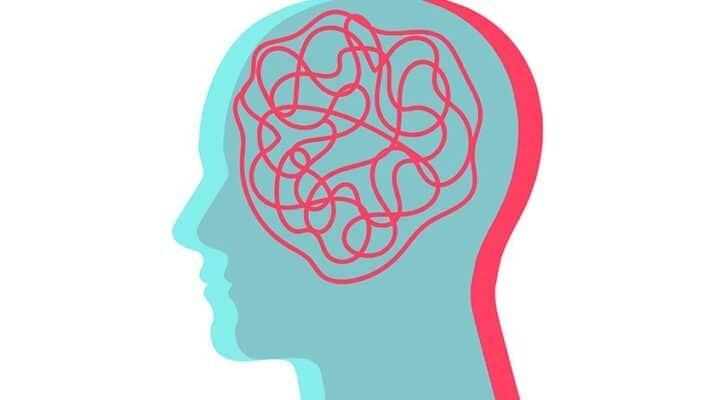Depression, anxiety, schizophrenia can shrink lives of people by 25 years
By Deborah Jeanne Sergeant
People with bipolar disorder or schizophrenia have “a substantially reduced life expectancy compared with the general population,” according to a study published by the National Institutes of Health. As many as 25 potential years could be lost compared with someone without a disorder.
Further studies link depression and anxiety to shorter lifespan and not only because of raised risk of death by suicide. Although risk of suicide increases with depression and is a very important issue, that risk is statistically minimal compared with other risk factors for decreasing longevity. Mental health’s effect on longevity stems from multiple issues.
Although stress may play a role in the decrease in lifespan, Judith Hoeflschweiger, licensed clinical social worker through Employee Resources, Inc. in Buffalo, said that systemic differences in brain chemistry is likely more of a factor, along with “any medications that they may be using” to treat their mental health problems.
“Any of our emotional issues are chemically based beyond day-to-day stressors,” she added.
Increased risk of substance use and alcohol abuse among people with untreated mental health issues can contribute to reduced lifespan. Some self-treat mental health with substances or alcohol instead of or in addition to seeking mental healthcare.
“Some people are dually or triply diagnosed,” said Andrew Mattle, licensed mental health counselor at CMH Counseling in Buffalo. “They could be dealing with post-traumatic stress disorder and substance abuse and bipolar. It’s not always a one-and-done or one issue.”
Substance abuse can contribute to liver and pancreatic diseases and cancer. People not receiving needed mental healthcare are less likely perform vital self care such as eating a balanced diet, engaging in physical activity regularly and monitoring chronic physical health issues.
Many of these outcomes stem from lack of self-care and preventive medicine. Untreated depression and other mental illnesses can leave people feeling unmotivated to take basic steps to improve their health or misguided on how to improve their health.
“Many mental health problems we identify medically in a diagnostic way are not necessarily neurological in origin,” said Andrew Wilton, licensed clinical social worker in private practice in West Seneca. “They come from difficult circumstances. It influences people differently.”
Resilience—the ability to bounce back—varies among individuals. Some people seem quite resilient; others possess little resiliency.
“When we see people with higher adaptability and flexibility, they can move through less predictable and uncertain times in a healthy way,” Wilton said. “It’s about moving through it, not getting over it.”
He said that a very small percent of the population has a serious, diagnosable mental health condition. However, someone with a chronic mental health condition that interferes with aspects of daily living should receive professional and personal support.
Seeking this support can help mitigate negative effects of mental health issues on longevity. Unfortunately, stigma still presents a barrier to care for many people struggling.
“There’s the connotation that seeing a therapist means ‘I’m crazy,’” Mattle said. “People don’t understand bipolar or severe depression if they haven’t experienced it. For them, it can seem a sign of weakness.”
Nonetheless, professional sessions, group therapy or medication can reduce the risk of shorter longevity and increase quality of life as well.
“It’s important to be aware that mental health and physical health are very closely tied,” Mattle said. “It’s hard to treat one without the other.”

